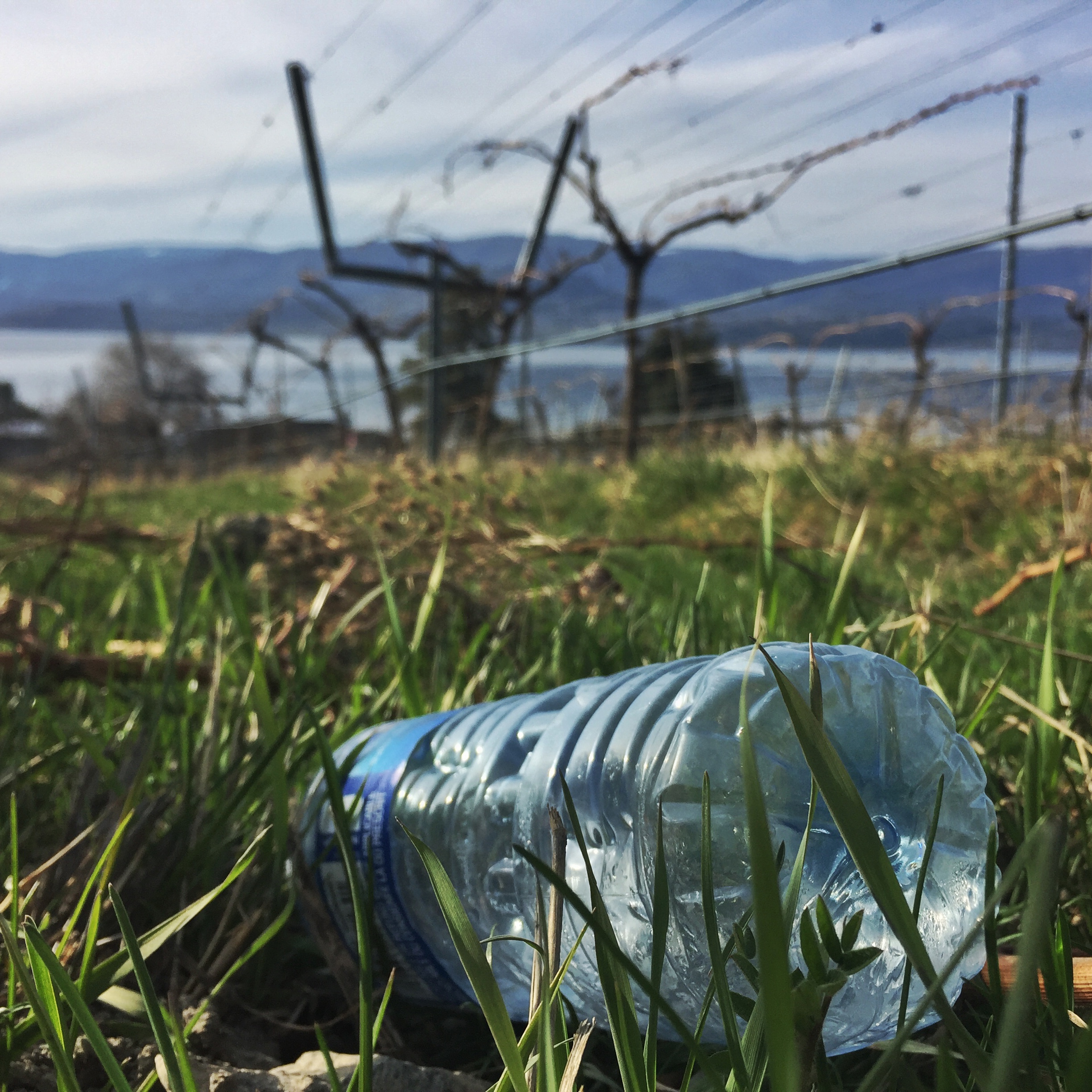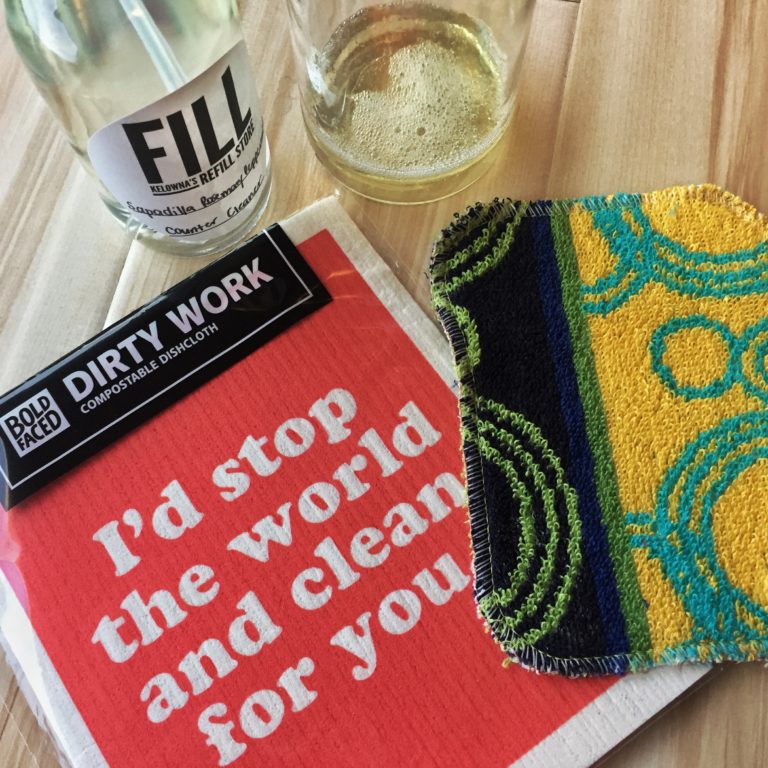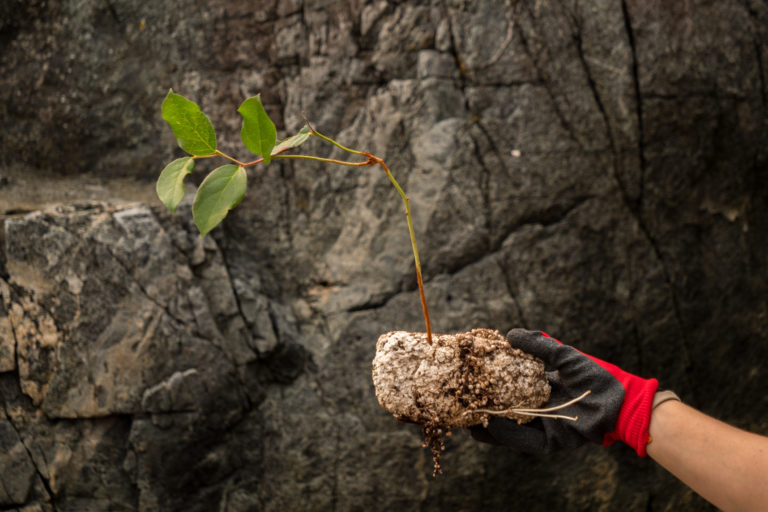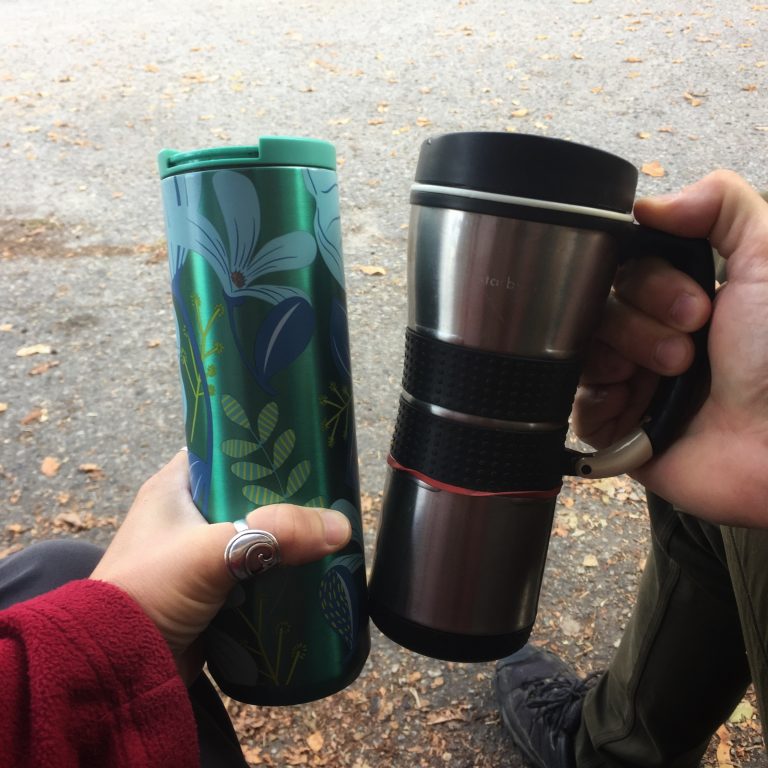Stories of Hope: The Downfall of Disposable Plastics
Hello readers and welcome back to Wake-Up Wednesday Wins, this time featuring more weekend! This week, all our stories relate to the demise of single-use plastics. Something that this blogger is quite giddy about!
(Yes, that’s right – you’re reading about the wins not on a Wednesday, but on the cusp of a weekend. And, if you’re in BC, Canada, a long weekend at that. Which essentially means much more time to digest the following wins and stories.😇)
So please: sit back, relax, grab a cuppa tea, and get stoked about the downfall of disposable plastic crap!
1. Canada Declares Plastics Toxic
It’s about time! Canada lists “plastic manufactured items” as a Schedule 1 toxic substance under the Canadian Environmental Protection Act (CEPA). What makes something a Schedule 1 toxic substance? If they (according to CEPA) “enter (or may enter) the environment at levels or conditions that…
- have or may have a harmful effect on the environment;
- are or could be dangerous to the environment that life depends on; or
- are or could be dangerous to human life or health.”
This is a Big Deal and something the plastic pollution community really celebrated when the news broke back in May. Why is this a Big Deal? Having plastics listed as a toxic substance means there is more the government can do to mitigate its impacts and actually initiate change. Not only that, but with this distinction, the government has to do something. This change will pave the way for things like single-use plastic bans or other preventative legislation.
Go, Canada!
2. The Tourism Sector Calls Out Single-Use Plastics
Picture this: You’re an environmentalist. You’ve just arrived at your hotel after a long, tiring bike ride across the country (because you eschew plane travel). You’re just about to take a luxurious hot shower (5 minutes because otherwise, you’re wasting water!) and then…you stop. Before you are laid out three itty bitty bottles. Each contains three individual portions of shampoo, conditioner, and body wash. These bottles…are plastic!
You shed a few tears. What’s a bike-riding environmentalist to do?
Kicking SUPPs to the Curb
Well, soon this scenario might be a thing of the past! A recent report sheds light on single-use plastics in the tourism sector. It also offers solutions (thank gawd). Thanks to work done by the World Tourism & Travel Council, plus the UN’s Environment Programme, we now know that…
The most frequently polluting single-use plastic products (SUPPs) in the tourism sector are:
- Water bottles
- Disposable toiletries
- Plastic bags and liners
- Food packaging
- Plastic cups
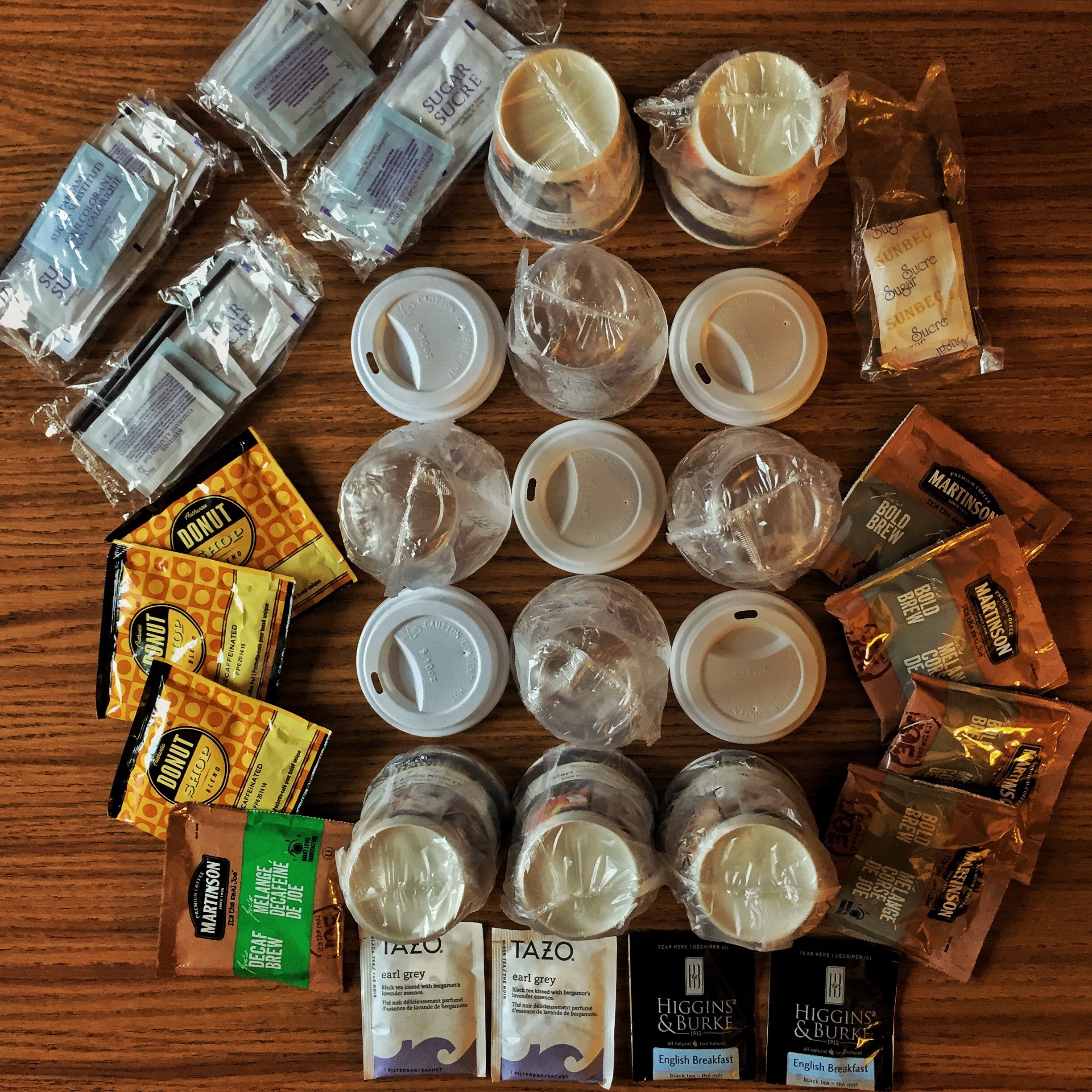
What’s encouraging about this report is its emphasis on reduction solutions first. Indeed, the first recommendation listed involves reducing unnecessary SUPPs consumption:
“Elimination and reduction opportunities mostly occur at the private sector level and will be best achieved through a combination of operational changes that are supported by communications that positively engage customers. However, for these actions to be truly impactful, it is important that processes are given priority over products, so as to drive a reduction in overall consumption rather than a switch in material use.”
UNEP/WTTC
In the wake of a global pandemic that saw a dramatic increase in the use of single-use plastics and other disposables, this news and report is refreshing. It demonstrates (to me at least) that industries are realizing they need to step up and make some serious changes to business as usual. Get lost, plastic!
3. The State of Maine Enacts Extended Producer Responsibility Legislation
Some good news from my former home state!! On July 12, 2021, thanks in part to the massive efforts by the Natural Resources Council of Maine, Surfrider Maine, and thousands of community members, Maine became the first US state to pass an extended producer responsibility law (and joins up with 40 jurisdictions around the world!). Maine already has EPR legislation for other products such as e-waste and paint. This law (LD1541) specifically targets product packaging. In many parts of the world (like here in BC, Canada) EPR programs exist to keep companies accountable. Typically, the onus of responsibility for these materials falls on municipal shoulders. With EPR, that responsibility goes back to the producers.
Not only is this big news for Maine, but it will serve as an example to other states looking to implement similar programs. The tides, they are a-changin’!
4. FILL Kelowna’s Refill Store Stops the Flow of Plastics to Landfill
To round out these stories, we’re zeroing in on my current home place of Kelowna, BC. One of my favourite local refilleries – FILL Kelowna’s Refill Store – just hit a pretty big milestone. Since opening their doors, they’ve saved over 25,000 plastic items from ever hitting the landfill. Isn’t that something?
Did I mention that they only opened their doors in November 2020?? It has been really incredible watching this business flourish (particularly amidst a global pandemic) and encouraging to see community support building around refilling. And of course, it has been so ful-FILL-ing (har har, see what I did there?) to support this place! My cup is full. 😉
And that’s it for this week’s wins, friends! Thanks for reading. If you’ve heard of a success story as it relates to ocean health, plastics, food, or something in that realm please do let me know. I’d love to shout it from the SITO rooftops!

